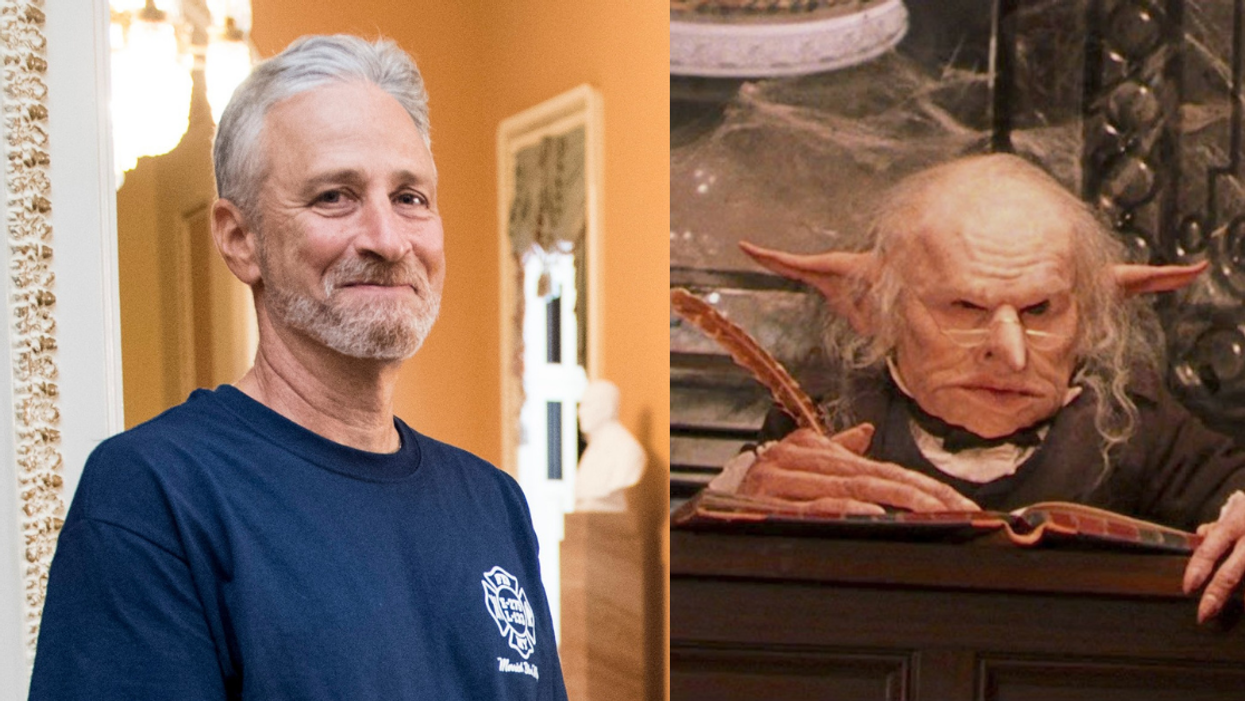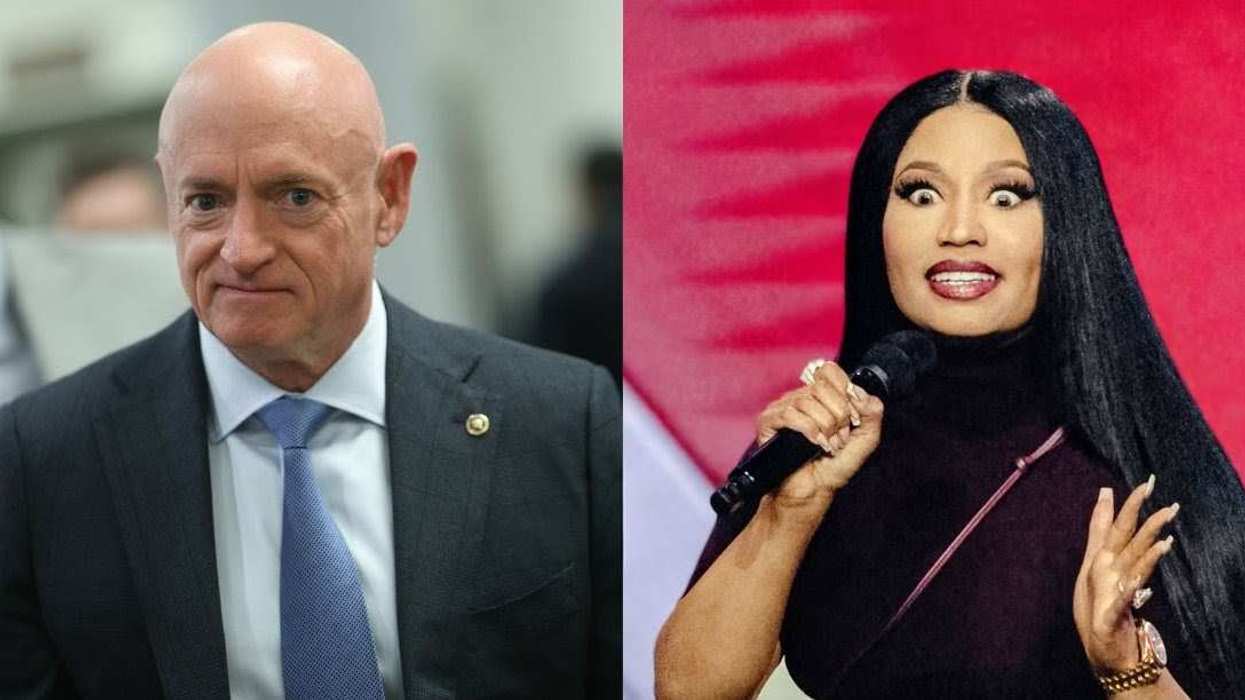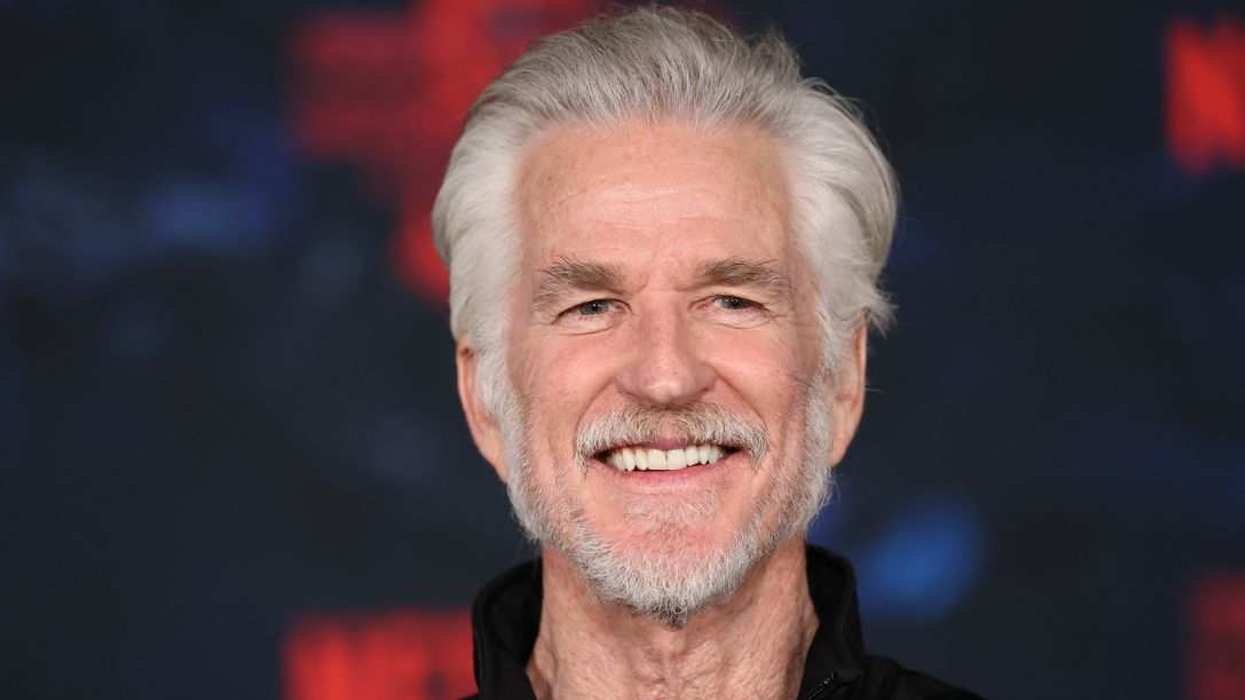Jon Stewart blasted J.K. Rowling for using "antisemitic" caricatures and tropes in the goblin banker characters in her Harry Potter books and movies.
Stewart made the comments on his podcast The Problem with Jon Stewart. He contended Rowling used inspiration from the antisemitic book The Protocols of the Elders of Zion to create the goblins who run the Gringotts Wizarding Bank.
Stewart said:
"Here's how you know Jews are still where they are."
Rafael Shimunov—an activist and artist—shared a clip from Stewart's podcast on Twitter.
Stewart added how rare it is to find a Harry Potter fan who notices the antisemitic caricatures.
Stewart continued:
"I just want to show you a caricature."
"And they're like, 'Oh, look at that, that's from Harry Potter!'"
"And you're like, 'No, that's a caricature of a Jew from an antisemitic piece of literature'."
"J.K. Rowling was like, 'Can we get these guys to run our bank?'"
Stewart also recalled the moment he saw Gringotts goblins in the theater.
"It was one of those things where I saw it on the screen and I was expecting the crowd to be like, 'Holy sh*t! She did not, in a wizarding world, just throw Jews in there to run the f*cking underground bank.'"
"And everybody was just like, 'Wizards.' It was so weird."
Stewart however did not call Rowling antisemitic which many people made clear.
In the books and the movies, the goblins are depicted as being "short and fair-skinned, as they spent very little time outside. They had very long fingers and feet, dome-shaped heads and were slightly larger than house-elves."
They were also said to be very good with money and finances and controlled the wizarding world's banking system. They were also described as "secretive, cunning, and having a different perception of wealth and ownership than humans."
Shimunov pointed out he called out Rowling in 2018 for the "side locks" on some of the goblins and 6 pointed stars around the bank resembling the "Jewish star."
Shimunov added antisemites had no trouble recognizing the referenced stereotypes and cultural symbols.
He added more context as well.
He also responded to the pushback from Rowling's defenders.
As Shimunov pointed out, Stewart is not the first to point out antisemitism and racist stereotypes in Rowling's works.
Asian, Black and Indigenous North Americans took exception to Rowling's depiction of their communities and cultures when her books and films first gained attention.
As many pointed out, people of color raised objections to Rowling's use of racist stereotypes when her novels and world building was first published and publicized.
While the recent HBO Max 20th anniversary reunion of stars from the Harry Potter films proved people still love the main characters and actors, the author and the rest of her imagined worlds and her real world opinions are being increasingly flagged as problematic.
What effect this has on the longterm legacy of Harry Potter remains to be seen.








 Roberto Schmidt/AFP via Getty Images
Roberto Schmidt/AFP via Getty Images





 u/pizzaratsfriend/Reddit
u/pizzaratsfriend/Reddit u/Flat_Valuable650/Reddit
u/Flat_Valuable650/Reddit u/ReadyCauliflower8/Reddit
u/ReadyCauliflower8/Reddit u/RealBettyWhite69/Reddit
u/RealBettyWhite69/Reddit u/invisibleshadowalker/Reddit
u/invisibleshadowalker/Reddit u/Wishnik6502/Reddit
u/Wishnik6502/Reddit u/kateastrophic/Reddit
u/kateastrophic/Reddit u/blking/Reddit
u/blking/Reddit u/SlagQueen/Reddit
u/SlagQueen/Reddit u/geezeslice333/Reddit
u/geezeslice333/Reddit u/meertaoxo/Reddit
u/meertaoxo/Reddit u/crystal_clear24/Reddit
u/crystal_clear24/Reddit u/stinkpot_jamjar/Reddit
u/stinkpot_jamjar/Reddit
 u/Bulgingpants/Reddit
u/Bulgingpants/Reddit
 @hackedliving/TikTok
@hackedliving/TikTok @hackedliving/TikTok
@hackedliving/TikTok @hackedliving/TikTok
@hackedliving/TikTok @hackedliving/TikTok
@hackedliving/TikTok @hackedliving/TikTok
@hackedliving/TikTok @hackedliving/TikTok
@hackedliving/TikTok @hackedliving/TikTok
@hackedliving/TikTok @hackedliving/TikTok
@hackedliving/TikTok @hackedliving/TikTok
@hackedliving/TikTok @hackedliving/TikTok
@hackedliving/TikTok
 @vanderjames/Instagram
@vanderjames/Instagram @vanderjames/Instagram
@vanderjames/Instagram @vanderjames/Instagram
@vanderjames/Instagram @vanderjames/Instagram
@vanderjames/Instagram @vanderjames/Instagram
@vanderjames/Instagram @vanderjames/Instagram
@vanderjames/Instagram @vanderjames/Instagram
@vanderjames/Instagram @vanderjames/Instagram
@vanderjames/Instagram @vanderjames/Instagram
@vanderjames/Instagram @vanderjames/Instagram
@vanderjames/Instagram